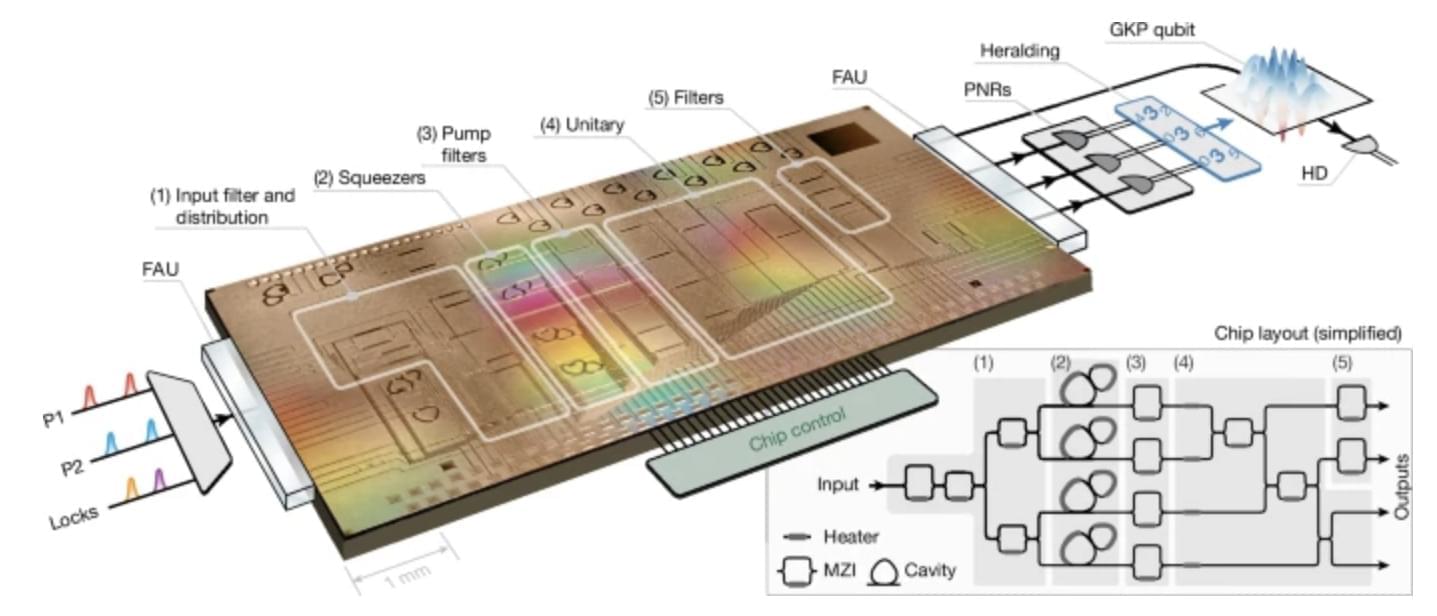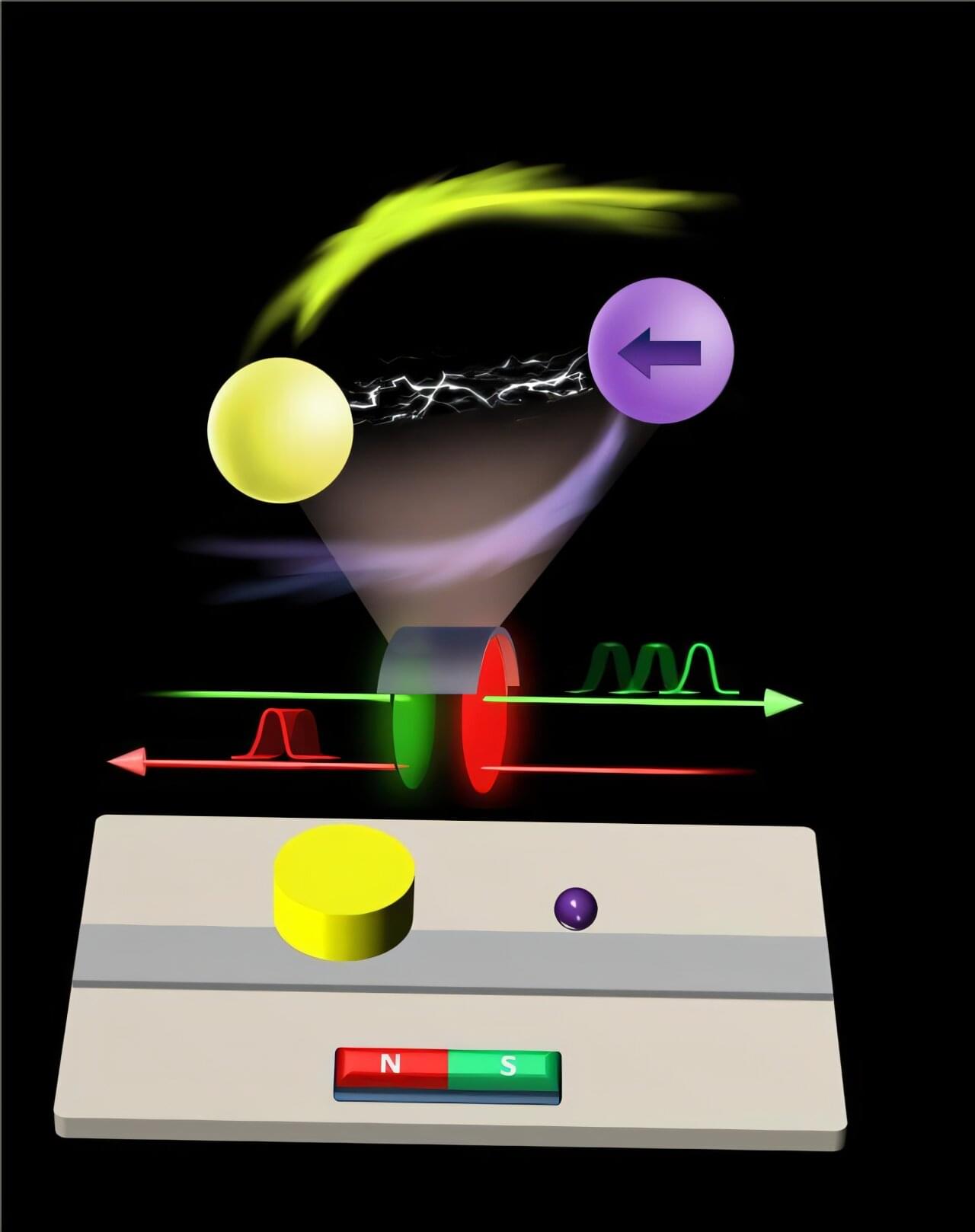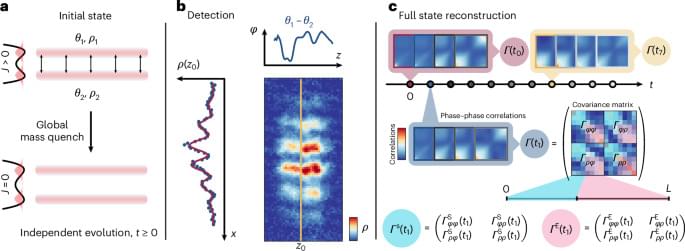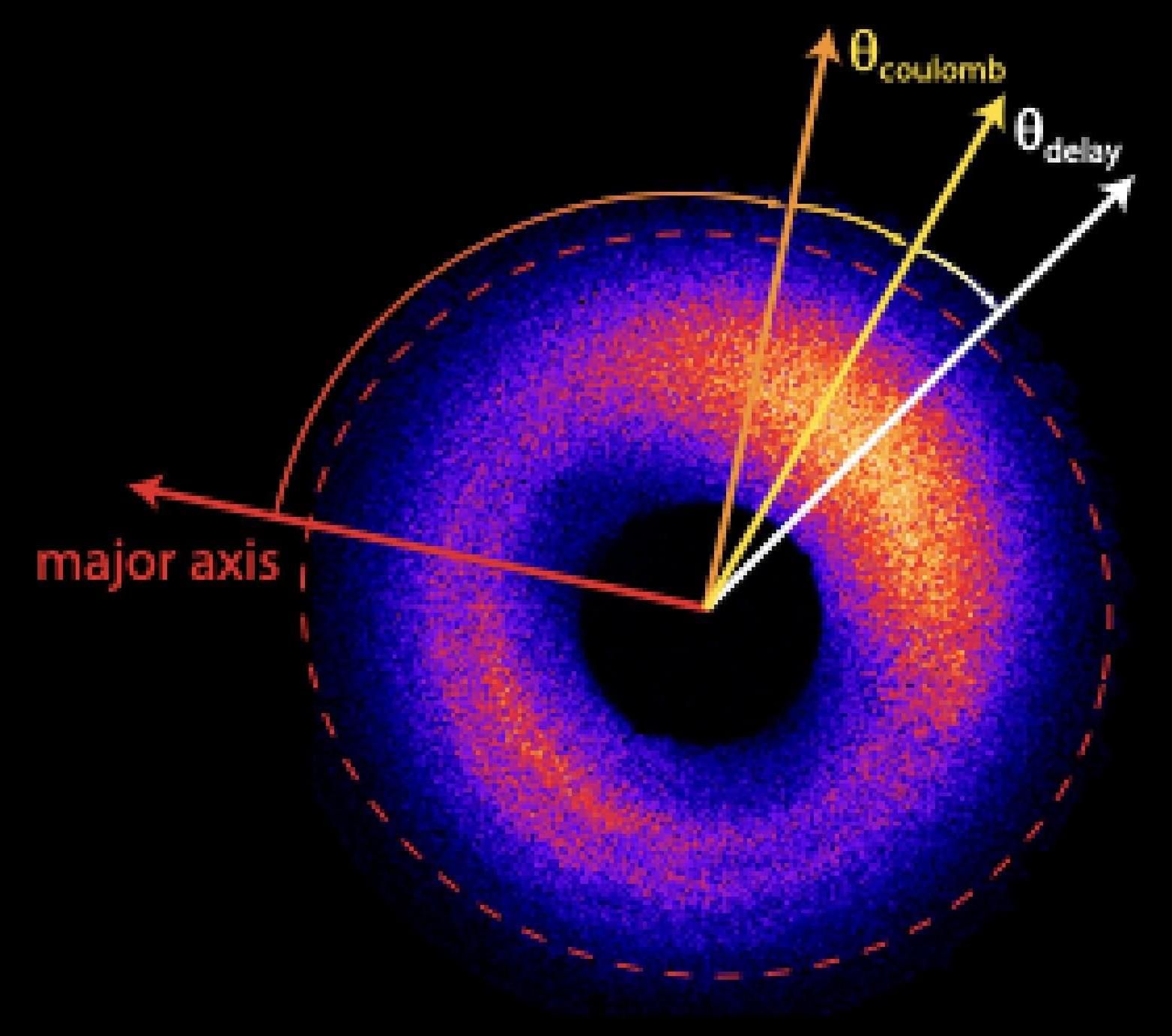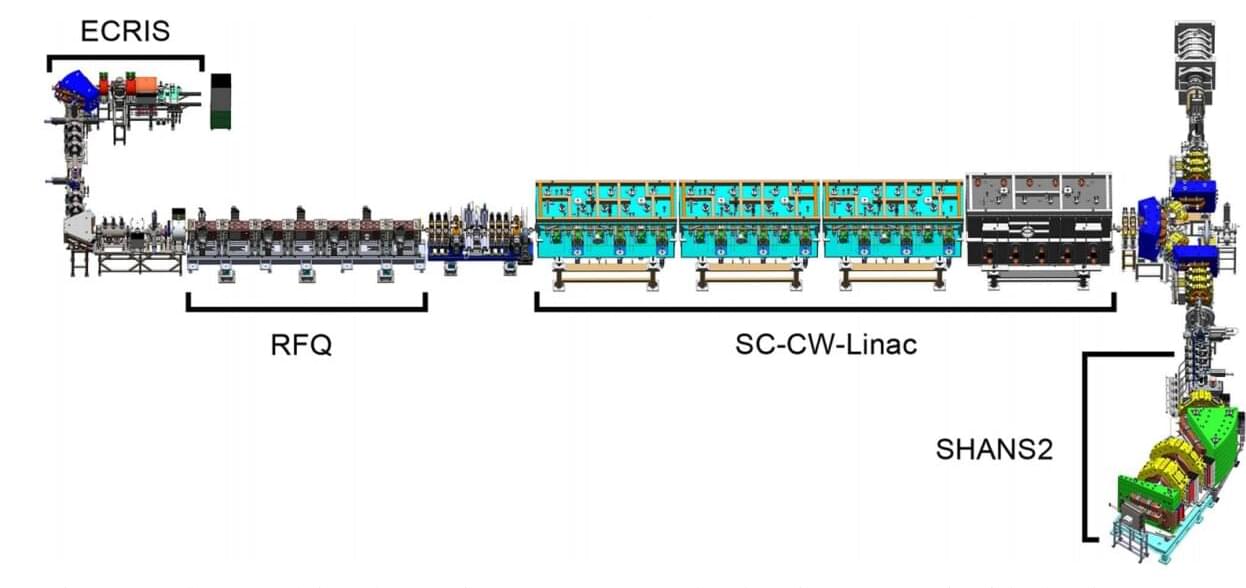The reliable manipulation of the speed at which light travels through objects could have valuable implications for the development of various advanced technologies, including high-speed communication systems and quantum information processing devices. Conventional methods for manipulating the speed of light, such as techniques leveraging so-called electromagnetically induced transparency (EIT) effects, work by utilizing quantum interference effects in a medium, which can make it transparent to light beams and slow the speed of light through it.
Despite their advantages, these techniques only enable the reciprocal control of group velocity (i.e., the speed at which the envelope of a wave packet travels through a medium), meaning that a light beam will behave the same irrespective of the direction it is traveling in while passing through a device. Yet the nonreciprocal control of light speed could be equally valuable, particularly for the development of advanced devices that can benefit from allowing signals to travel in desired directions at the desired speed.
Researchers at the University of Manitoba in Canada and Lanzhou University in China recently demonstrated the nonreciprocal control of the speed of light using a cavity magnonics device, a system that couples microwave photons (i.e., quanta of microwave light) with magnons (i.e., quanta of the oscillations of electron spins in materials).



